Pomegranate Side Effects: 5 Serious Risks To Watch For
It sure tastes delicious, but you never want to consume this fruit in excess.
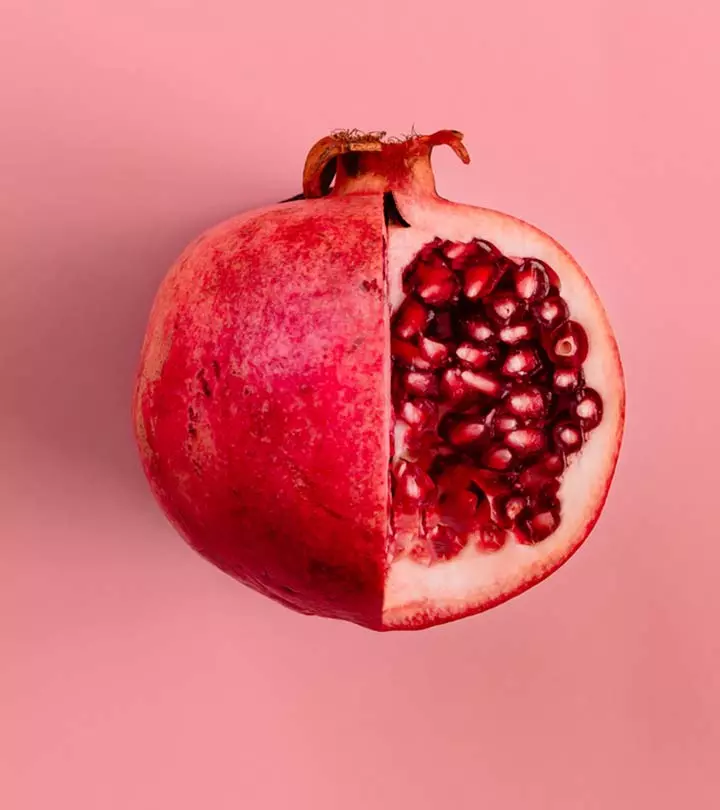
Image: Shutterstock
Pomegranates were a traditional remedy in Ayurveda for thousands of years. Their antibacterial properties were especially highly valued. Not only the fruits, but even the flowers, peels, arils, and bark of the plant are used by many. That said, it is important to note the side effects of pomegranates too.
Although pomegranates are generally considered safe, they may cause some adverse effects in a few individuals. These include drug interactions, low blood pressure, allergies, or even issues during pregnancy.
Read more to further understand the negative effects of pomegranates and how you can reduce the risk.
 Know The Flip Side: Pomegranates
Know The Flip Side: PomegranatesShort-Term Effects
Nausea, vomiting, abdominal pain, diarrhea, itching, swelling, irritation in the throat, stomach pain, and hives.
Long-Term Effects
Pomegranate juice supplementation may reduce fetal abdominal and head circumference during pregnancy and cause fluctuations in blood pressure levels.
Drug Interactions
It can interact with ACE inhibitors, antidepressants, cholesterol medications, and certain painkillers.
When To See A Doctor
Visit a doctor if you experience skin irritation, chest pain, drowsiness, confusion, fainting, and wheezing.
In This Article
Side Effects Of Pomegranates
1. May Cause Allergies

This is the most serious of all side effects of pomegranates. Though rare, pomegranate allergies can be life-threatening. Please take the sign of any allergy seriously.
Symptoms of these allergies include itching, swelling, irritation in the throat, stomach cramps, mouth sores, and hives. In severe cases, one may experience shortness of breath and difficulty in breathing, swelling of the throat and tongue, and anaphylactic shock k (1).
In a study, a patient had developed swelling of the ears, erythema (reddening of the skin), and itching within 10 minutes of pomegranate ingestion. Further investigation found that she was allergic to apples and birch pollen as well (1).
 Trivia
Trivia2. May Interact With Certain Drugs

Pomegranate can interact with certain medications and cause undesirable side effects. These include the following (make sure you cross-check with your doctor):
- Medications changed and broken down by the liver, like amitriptyline (Elavil), desipramine (Norpramin), fluoxetine (Prozac), ondansetron (Zofran), tramadol (Ultram), rosuvastatin (Crestor), etc. (2).
- Medications for high blood pressure, like ACE inhibitors (Capoten, Vasotec, Prinivil, Altace, Zestril, etc.) and antihypertensive drugs (Diovan, Cozaar, Cardizem, Lasix, etc.). The juice may reduce blood pressure way too much, especially if someone is on antihypertensive drugs (3).
As per another report, pomegranate can inhibit the action of an enzyme important for drug metabolism (4).
If you are on any form of medication, please check with your doctor if you can consume pomegranate. This is especially important if you are taking medications for high blood pressure.
3. May Lower Blood Pressure Way Too Much

Studies show that pomegranates can lower blood pressure levels (5). This is good news for most people. But individuals with low blood pressure must stay away from pomegranates to avoid blood pressure changes.
This is one reason pomegranate may cause issues during surgery. Hence, stop pomegranate intake at least two weeks before a scheduled surgery. Since research is limited in this regard, it is important you speak to your doctor.
4. May Cause Fetal Growth Restriction (FGR) During Pregnancy

Though there are health benefits of pomegranate juice and it could be safe, there is not enough research on the safety of other forms of pomegranate (like pomegranate extract). Hence, stick to the juice during pregnancy. Animal studies showed that pomegranate juice supplementation reduced fetal abdominal and head circumference (6).
If you have any history of allergic reactions, avoid pomegranate and consult your doctor or midwife.
5. May Cause Digestive Disorders

There is insufficient information in this regard. The excessive consumption of pomegranate may cause many disorders, such as nausea, vomiting, abdominal pain, and diarrhea in some people.
As per anecdotal evidence, excessive intake of this fruit may also irritate the gastrointestinal tract. However, there are no scientific studies to back this up.
These are some of the probable ill effects of pomegranates. In case you face any allergies after consuming pomegranates, here is what you can do.
Key Takeaways
- Pomegranates can also trigger allergic reactions in people who are susceptible to apples and birch pollen, and such people should avoid the fruit
- Pomegranates may also be behind digestive issues as well as cause nausea, vomiting, and chest pain.
- It may interact with drugs and lower blood pressure.
- Although it is a rare occurrence, a doctor should be consulted before pregnant women have pomegranates, as it may restrict the growth of the fetus.
What To Do If You Face Allergies
Stop eating the fruit and avail medical attention immediately. But until you visit the doctor, you can make use of some quick remedies.
If your symptoms involve skin irritation, do not rub or scratch the area. Also, don’t wash for long with soap or water as it will irritate the area further. Apply a skin lotion or ointment. This helps maintain skin moisture. Also, change to loose-fitting clothing.
In case of other severe reactions, please rush to the doctor right away. Look out for other symptoms like chest pain, drowsiness, confusion, fainting, and wheezing.
Moreover, it is a good idea to talk to your doctor about choosing fruits that are less likely to cause allergies but still offer similar health benefits.
 Quick Tip
Quick TipInfographic: 5 Serious Side Effects Of Pomegranate
Pomegranate is a widely consumed fruit. It has been used as a traditional remedy in Ayurveda for its antibacterial properties. However, the fruit and its juice may cause many serious side effects. The infographic below focuses on the 5 must-know side effects of pomegranates everyone should be aware of. Scroll down and take a look.
Some thing wrong with infographic shortcode. please verify shortcode syntax
Pomegranates are high in nutrients but low in calories. The many vitamins, minerals, and fiber benefit your health in many ways. However, excess consumption of pomegranates may cause some side effects. The fruit may cause allergies, interact with certain drugs, lower blood pressure levels way too much, and cause digestive disorders, chest pain, confusion, and drowsiness. Hence, take pomegranates in moderation to avoid these adverse effects. Consult your doctor in case of any medical emergencies.
Frequently Asked Questions
Who should not take pomegranate?
Yelena Wheeler, Registered Dietitian, says, “Those who have digestive disorders that can lead to constipation may need to be cautious with excessive intake of pomegranates since the seeds can contribute to constipation and cause blockages.”
What should you avoid after eating pomegranate?
According to Yelena Wheeler, “Pomegranate can interact with some blood thinning and hypertensive medications. Therefore, if you are on such medications, it is best to consult with your doctor, pharmacist, and dietitian to make sure there are not any interactions.”
What medications do pomegranates interfere with?
Pomegranate may interfere with medications like Carbamazepine (Tegretol), Rosuvastatin (Crestor), Warfarin (Coumadin), and Tolbutamide (Orinase). Taking this juice with these medications may cause blood pressure to go too low.
Can pomegranate seeds cause constipation?
Excess intake of these seeds may increase the risk of intestinal blockage in people with chronic constipation. However, there is limited information in this regard.
How much pomegranate should you eat per day?
Pomegranates are nutrient-dense and low-calorie fruits. You can eat 1 to 2 cups of pomegranate arils a day. If you are wondering how to eat pomegranates, you can do so by adding them to your salad, oatmeal, or smoothies.
Does pomegranate juice aggravate diabetes?
Juice, in general, is not recommended for individuals with diabetes. Hence, eating the whole fruit is better. Pomegranates are rich in antioxidants that are believed to help reduce blood sugar levels. The juice could also help fight inflammation and aid diabetes treatment (7). However, there is no research stating that juice may aggravate diabetes.
Is pomegranate good for the liver?
Yes, pomegranate is good for liver health. This fruit is rich in vitamins, minerals, and exogenous antioxidants, which may protect from liver damage.
What happens if we have pomegranates daily?
Daily intake of pomegranates can help promote heart health, improve digestion, and even enhance the health of the prostate (9). However, to avoid any negative consequences, consume them in appropriate amounts.
Should I eat pomegranate at night?
No, pomegranate is best consumed in the morning since it gives you energy and may help combat fatigue, dizziness, and headache. You can even take it after your breakfast.
Can I eat pomegranate on an empty stomach?
Yes, pomegranate can rejuvenate your body right in the morning. Its nutrients are absorbed better when taken on an empty stomach.
Illustration: Pomegranates: Side Effects, Interactions, Dosage, and More
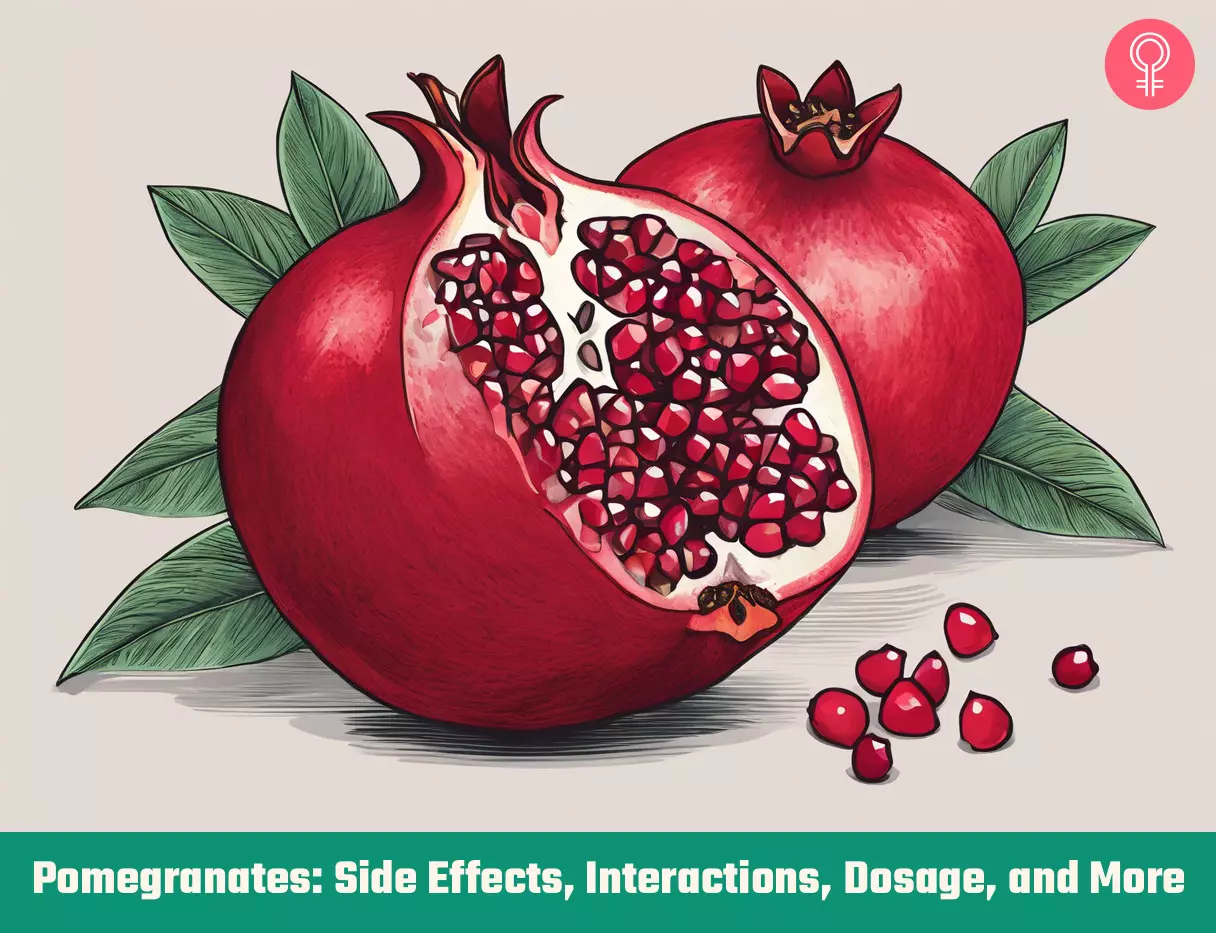
Image: Stable Diffusion/StyleCraze Design Team
References
Articles on StyleCraze are backed by verified information from peer-reviewed and academic research papers, reputed organizations, research institutions, and medical associations to ensure accuracy and relevance. Read our editorial policy to learn more.
- Anaphylactic reactions to pomegranate: identification and characterization of eliciting IgE-reactive components, Clinical and Translational Allergy, US National Library of Medicine, National Institutes of Health.
https://www.ncbi.nlm.nih.gov/pmc/articles/PMC3354222/ - Rhabdomyolysis Associated With Pomegranate Juice Consumption, The American Journal of Cardiology.
https://www.ajconline.org/article/S0002-9149(06)01006-X/fulltext - Pomegranate Juice Consumption Inhibits Serum Angiotensin Converting Enzyme Activity and Reduces Systolic Blood Pressure, Atherosclerosis, US National Library of Medicine, National Institutes of Health.
https://pubmed.ncbi.nlm.nih.gov/11500191/ - Effects of Pomegranate on Drug Metabolizing Cytochrome P450 Enzymes Expressions in Rats, ResearchGate.
https://www.researchgate.net/publication/308650256_Effects_of_Pomegranate_on_Drug_Metabolizing_Cytochrome_P450_Enzymes_Expressions_in_Rats - Effects of pomegranate juice on blood pressure: A systematic review and meta-analysis of randomized controlled trials, Pharmacological Research, US National Library of Medicine, National Institutes of Health.
https://pubmed.ncbi.nlm.nih.gov/27888156/ - Pomegranate Juice Supplementation Alters Utero-Placental Vascular Function and Fetal Growth in the eNOS−/−Mouse Model of Fetal Growth Restriction, Frontiers in Physiology, US National Library of Medicine, National Institutes of Health.
https://www.ncbi.nlm.nih.gov/pmc/articles/PMC6103006/ - Effects of Concentrated Pomegranate Juice on Subclinical Inflammation and Cardiometabolic Risk Factors for Type 2 Diabetes: A Quasi-Experimental Study, International Journal of Endocrinology Metabolism, US National Library of Medicine, National Institutes of Health.
https://www.ncbi.nlm.nih.gov/pmc/articles/PMC4895098/ - Pomegranate action in curbing the incidence of liver injury triggered by Diethylnitrosamine by declining oxidative stress via Nrf2 and NFκB regulation, Scientific Reports, US National Library of Medicine, National Institutes of Health.
https://www.ncbi.nlm.nih.gov/pmc/articles/PMC5988808/ - Topical Application of Aloe vera Accelerated Wound Healing, Modeling, and Remodeling: An Experimental Study, PubMed
https://pubmed.ncbi.nlm.nih.gov/25003428/ - Therapeutic Effects of Punica granatum (Pomegranate): An Updated Review of Clinical Trials
https://www.ncbi.nlm.nih.gov/pmc/articles/PMC8595036/
Read full bio of Reda Elmardi
- Yelena Wheeler, MPH, RDN, has a decade of experience in clinical nutrition, chronic disease management, dialysis, acute care, NICU, bariatrics, diabetes education, public health program development, and food service management. She has worked within many prominent hospital systems in Los Angeles and Central California. She earned her master's degree from California State University, Los Angeles and is currently Clinical Nutrition Manager at Glendale Adventist Medical Center Inc.
 Yelena Wheeler, MPH, RDN, has a decade of experience in clinical nutrition, chronic disease management, dialysis, acute care, NICU, bariatrics, diabetes education, public health program development, and food service management. She has worked within many prominent hospital systems in Los Angeles and Central California. She earned her master's degree from California State University, Los Angeles and is currently Clinical Nutrition Manager at Glendale Adventist Medical Center Inc.
Yelena Wheeler, MPH, RDN, has a decade of experience in clinical nutrition, chronic disease management, dialysis, acute care, NICU, bariatrics, diabetes education, public health program development, and food service management. She has worked within many prominent hospital systems in Los Angeles and Central California. She earned her master's degree from California State University, Los Angeles and is currently Clinical Nutrition Manager at Glendale Adventist Medical Center Inc.
Read full bio of Ravi Teja Tadimalla
Read full bio of Arshiya Syeda
Read full bio of Sindhu Koganti






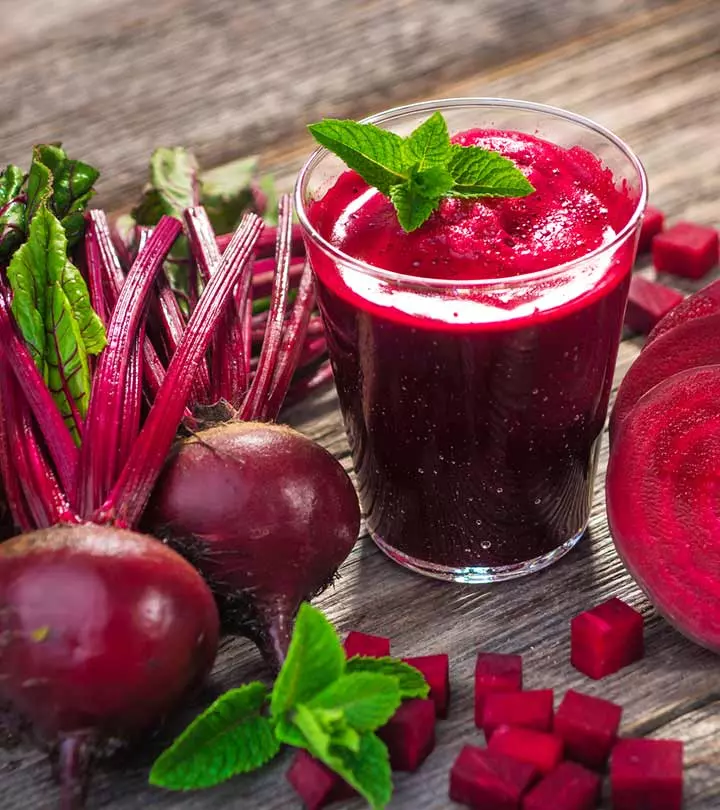

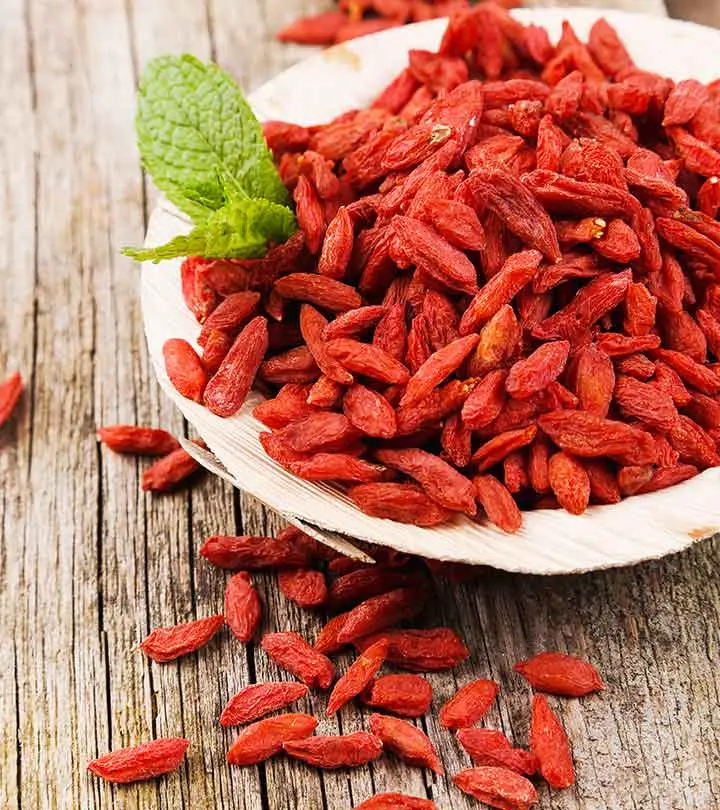
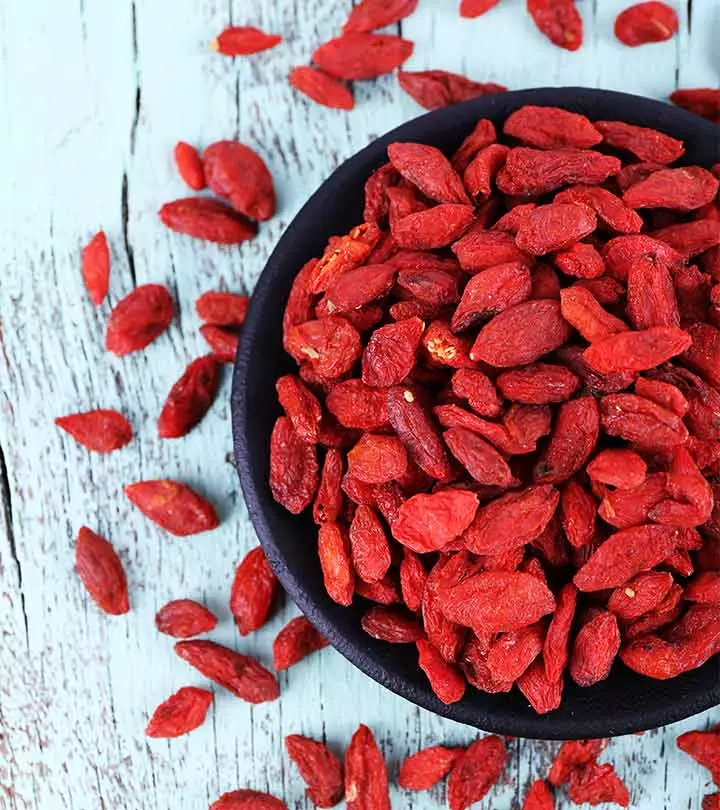






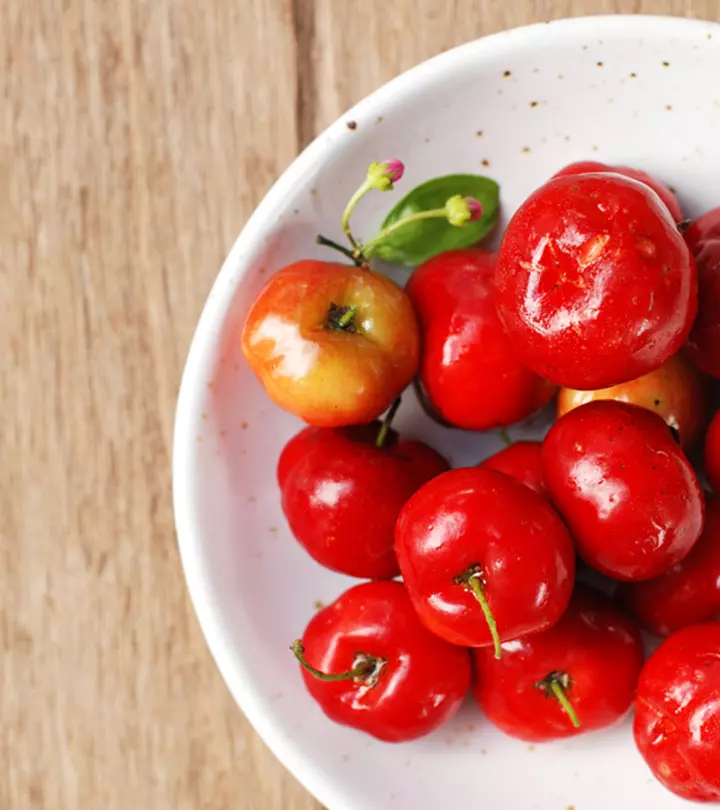

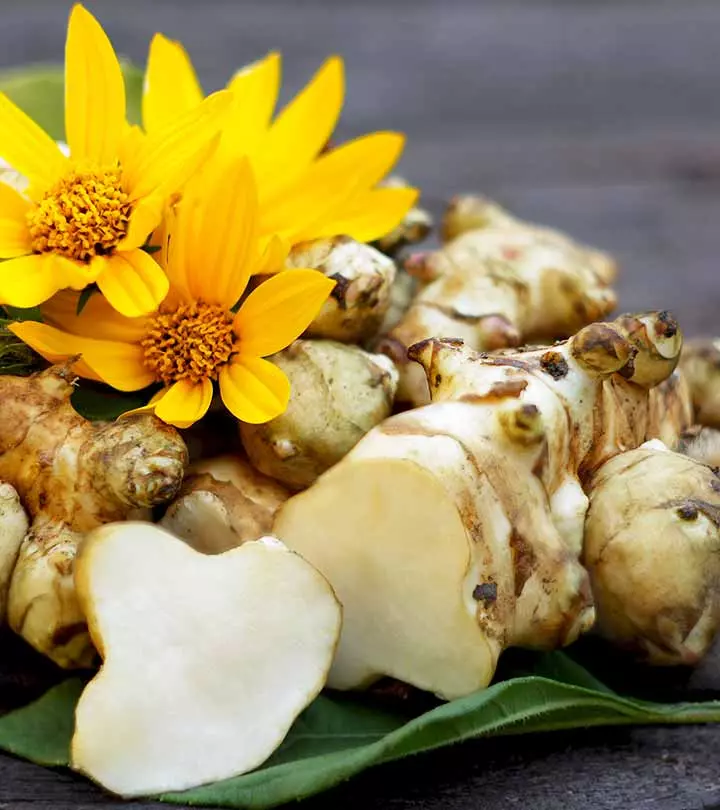
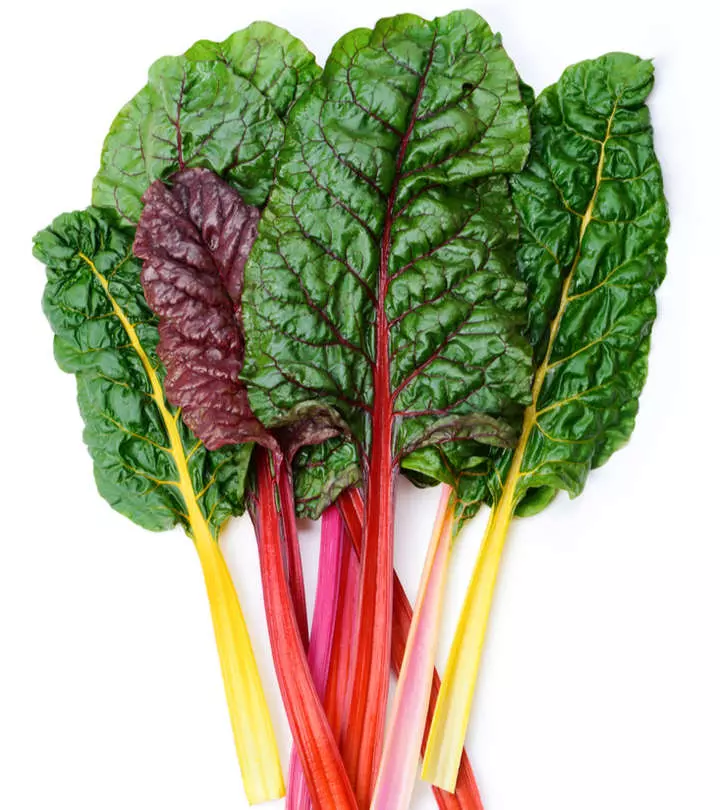

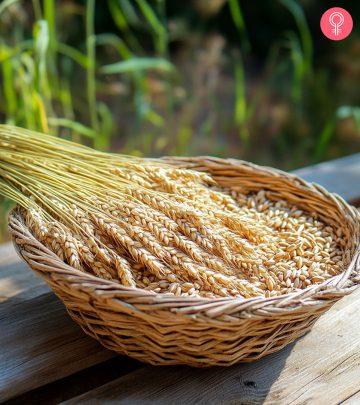
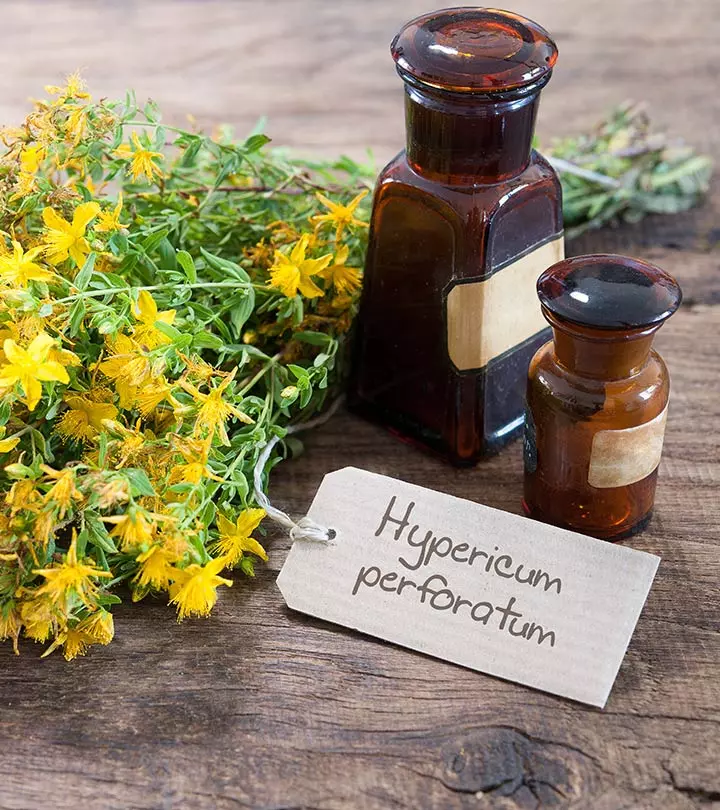



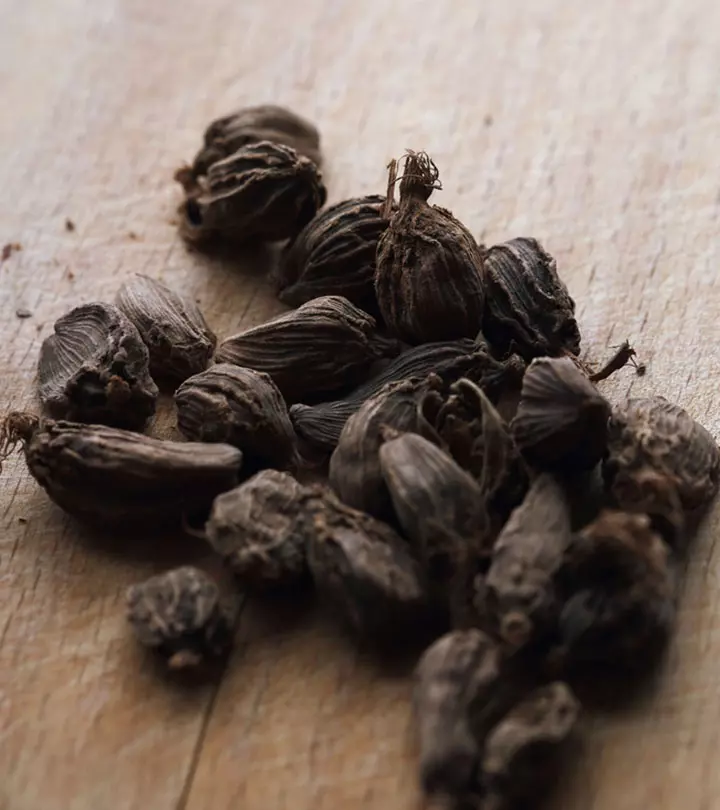
Community Experiences
Join the conversation and become a part of our empowering community! Share your stories, experiences, and insights to connect with other beauty, lifestyle, and health enthusiasts.